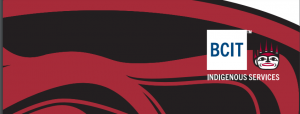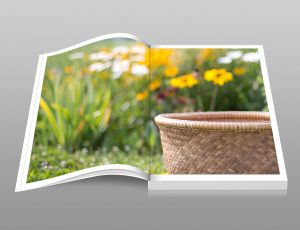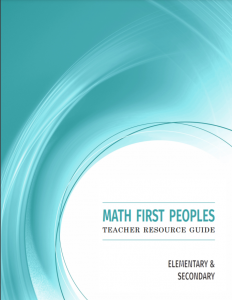This framework is the basis for the Indigenization of the nursing program at BCIT. It is broad and ambitious, but serves as a guiding framework for the work being done by faculty to ensure Indigenous student success in the programs. It is openly available to the public on the BCIT website. This vision prioritizes three actions around inclusion, accountability and collaborative relationships. The faculty working within this framework works closely with Indigenous educators and leaders from BCIT Indigenous services.
https://www.bcit.ca/indigenous-vision/
“Truth is the foundation. Indigenization is the action. Reconciliation is the goal”.
British Columbia Institute of Technology. (n.d.-a). BCIT’s Indigenous vision. BCIT.Ca. Retrieved February 21, 2021, from https://www.bcit.ca/indigenous-vision/



